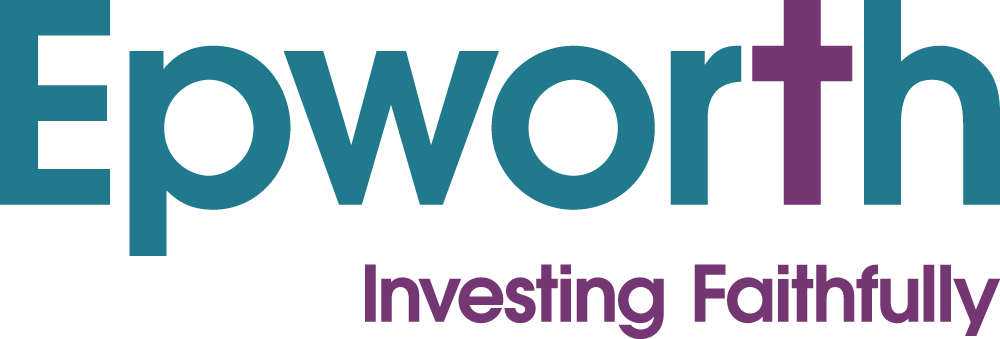
Introduction: Bridging the Gap Between Purpose and Portfolio
Charities and churches exist to fulfil a mission—not to generate profit. Yet managing funds wisely is often essential to sustaining that mission over the long term.
As a trustee, you may ask:
How can we invest in a way that supports our charitable purpose—not undermines it?
This guide walks you through the key steps to developing a mission-aligned investment strategy—one that honours your values while meeting your financial responsibilities.
Step 1: Clarify Your Objectives
Start by asking: Why are we investing?
Common reasons include:
- Preserving capital for future generations
- Generating income to support annual operations
- Growing reserves to support new projects
- Managing short-term liquidity needs
- Honouring legacies and restricted gifts
Documenting your objectives helps determine time horizons, asset allocation, and the level of risk you can accept.
Step 2: Articulate Your Mission and Values
Next, identify the values that guide your work and should shape your investments.
This may include:
- Christian social teaching (e.g. human dignity, care for creation, justice for the poor)
- Denominational guidance (e.g. Mensuram Bonam, JACEI reports)
- Organisational policies (e.g. safeguarding, climate commitments)
- Charity Commission expectations on alignment between purpose and investment
Need inspiration? Download Epworth’s ethical policy overview.
Step 3: Choose the Right Investment Structure
Your strategy should reflect both your size and your operational needs. Common options include:
Multi-Asset Funds
Best for: charities seeking long-term growth with simplicity and diversification.
Example: Epworth Multi-Asset Fund—built specifically for UK charities with daily pricing and embedded ethical screening.
Cash Plus Fund
Best for: charities needing secure, short-term access to reserves.
Example: Epworth Cash Plus Fund—offering liquidity and ethical integrity.
Discretionary Charity Service
Best for: larger charities, religious orders, or denominations managing multiple funds.
Provides tailored asset allocation, ethical overlays, and sub-accounting.
Step 4: Define Your Ethical Boundaries
Clearly state what you will and will not invest in.
This may include:
- Negative screens (e.g. no fossil fuels, gambling, tobacco, arms)
- Positive alignment (e.g. preference for companies leading on climate, labour rights, or nutrition)
- Tolerances or thresholds (e.g. no more than 5% of revenue from a restricted activity)
- Engagement expectations (e.g. active voting, dialogue with companies, escalation strategies)
Align these boundaries with your organisation’s identity, theological tradition, and reputational risk profile.
Step 5: Draft (or Update) Your Investment Policy Statement
This formal document should include:
- Your investment objectives and risk tolerance
- Time horizon and liquidity needs
- Ethical criteria and screening methodology
- Engagement expectations
- Governance structures and review processes
Epworth offers a free template for charities developing or reviewing their Investment Policy Statement.
Step 6: Select a Values-Aligned Investment Manager
Look for a manager who:
- Understands charity regulation and governance
- Offers full transparency on holdings and decision-making
- Aligns with your ethical values—not just generic ESG metrics
- Supports stewardship through voting, engagement, and escalation
- Provides tailored reporting to support board oversight and audit needs
Epworth works only with charities and faith-based investors, offering depth of experience and a principled approach.
Step 7: Monitor, Report, and Evolve
An investment strategy is not static. Review performance regularly:
- Financially (against agreed benchmarks)
- Ethically (via clear, detailed reporting)
- Operationally (cash flow needs, fund structures)
- Strategically (does the approach still serve your mission?)
Good stewardship includes knowing when to stay the course—and when to adjust.
Conclusion: Faithful Strategy for a Changing World
A mission-aligned investment strategy isn’t about compromise. It’s about clarity.
It enables you to fulfil your fiduciary duties with integrity, grow your financial resilience with prudence, and reflect your Christian values with confidence.
Need help shaping or reviewing your strategy? Speak with our team of specialists in charity and faith-based investing.
Learn more about our investment solutions
